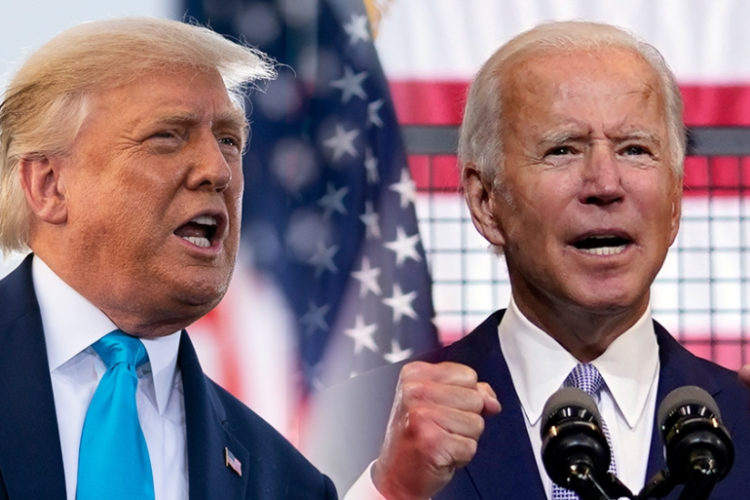The recent re-election of Donald Trump as U.S. President, defeating Vice President Kamala Harris, has sparked speculation on how his policies might influence global investment trends in the years ahead.
During Trump’s first term, Nigeria experienced a significant increase in foreign capital inflows, receiving five times more than during President Joe Biden’s tenure.
Data reveals that Nigeria attracted $10.5 billion in foreign capital during Trump’s first four years, compared to just $2.39 billion so far under Biden. Analysts attribute this difference to factors such as U.S. monetary policy, Nigeria’s interest rate strategies, and currency stability, which collectively created a more favorable investment environment under Trump.
Examining the data further, capital inflows to Nigeria grew consistently during Trump’s administration, reflecting a conducive environment for foreign investment. The annual breakdown of these inflows is as follows:
2016: $950 million
2017: $2.47 billion
2018: $3.58 billion
2019: $4.5 billion
By 2019, Nigeria’s total capital inflows peaked at $23 billion, with $4.5 billion coming from the United States. Conversely, under Biden, Nigeria has seen a sharp decline, drawing in just $2.39 billion so far—approximately a quarter of the inflows seen under Trump.
Factors Influencing Capital Inflows During Trump’s Term:
Interest Rate Policies: During Trump’s presidency, low U.S. interest rates made emerging markets like Nigeria more appealing to U.S. investors seeking higher returns. At the same time, Nigeria’s competitive interest rates, particularly between 2017 and 2018, attracted foreign portfolio investments. Higher yields on Nigerian government securities further spurred investor interest.
Exchange Rate Stability: The stability of the naira also supported Nigeria’s capital inflows. From 2017 to 2019, the Central Bank of Nigeria maintained the naira at around N360/$1, providing predictability for foreign investors wary of currency risks. In emerging markets, a stable currency is crucial, as depreciation can erode investment returns.
In contrast, under Biden’s administration, U.S. Federal Reserve rate hikes aimed at curbing inflation have driven investors back to safer U.S. assets. This, combined with a stronger dollar, reduced the appeal of riskier emerging market investments. Additionally, Nigeria has struggled with currency stability, facing significant depreciation pressures, making its investment climate less predictable.
Implications of Trump’s Return to Office:
With Trump back in office, the question arises: could Nigeria again witness an increase in capital inflows? If Trump reinstates his preference for low interest rates, emerging markets like Nigeria might see renewed investor interest. However, Nigeria’s ability to benefit from this will hinge on its own economic policies, particularly regarding exchange rate stability, inflation control, and competitive interest rates.
Looking Ahead: Trump’s re-election offers Nigeria a potential opportunity to attract foreign capital once more. However, capitalizing on this prospect will require well-aligned domestic policies to foster an investor-friendly environment. Policymakers must prioritize exchange rate stability, favorable interest rates, and ongoing reforms to enhance Nigeria’s appeal to global investors.

